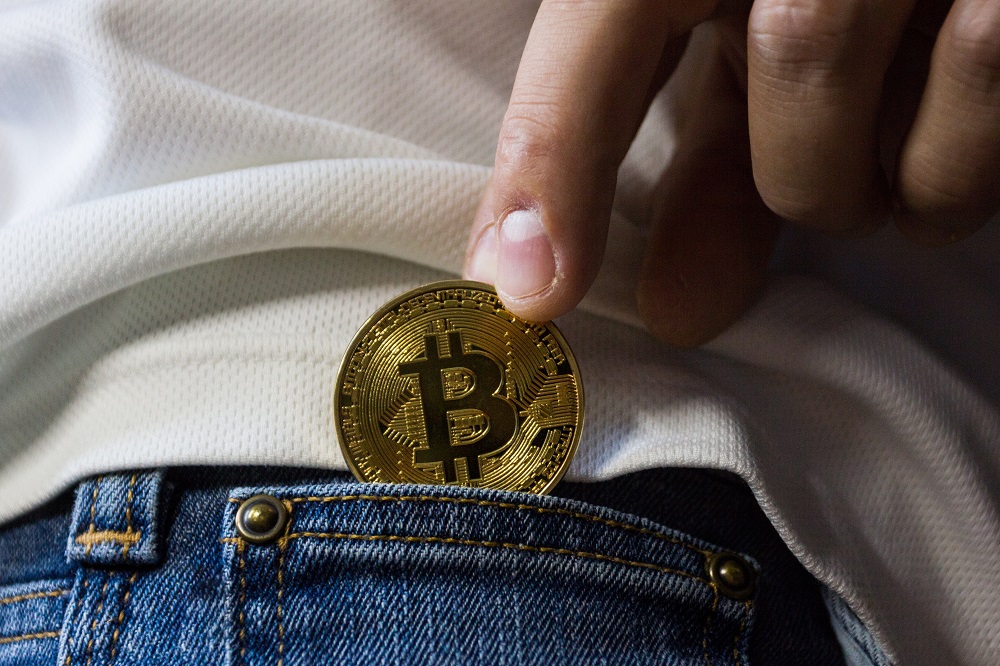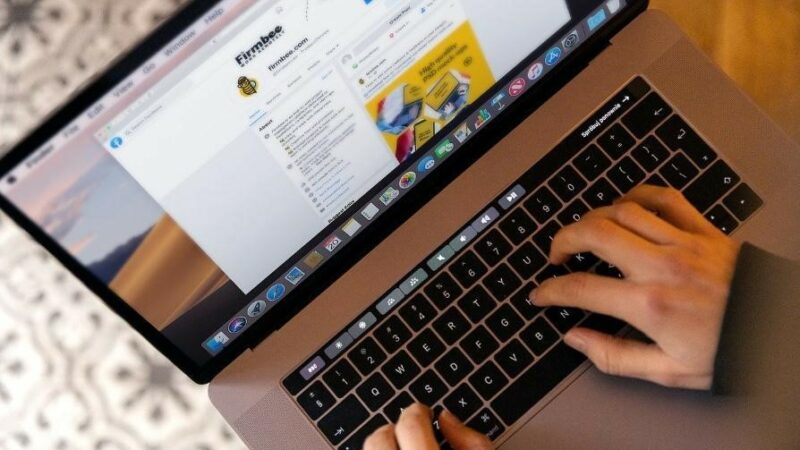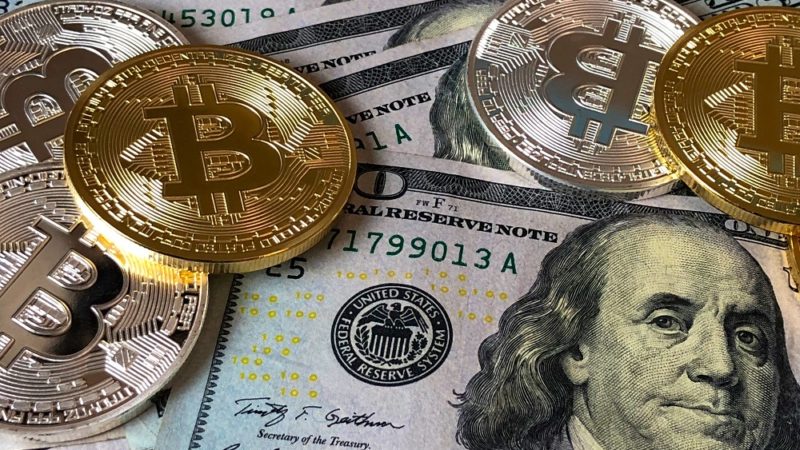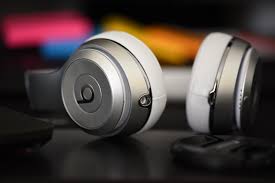Are Hardware Wallets Actually Safe, And How Can You Secure Your Wallet?

Hardware wallets are considered as a reliable medium to store currency. It is preferred over digital wallets because these are connected to the internet all the time, that’s why attacked by many hackers.
The significant reputation of hardware wallets as a protected medium for digital currencies brought into doubt when some news claimed that Trezor, i.e., one of the most famous wallets, was drudged by hackers.
According to the report, Trezor devices are supposedly vulnerable to relatively easy hacks that made the identification of private keys or theft possible.
How the hack was turned possible?
The Trezor explained how the attack worked. It told that the seed for the private key was stored in flash memory and was shifted to the random access memory (RAM) of the device while being used. An individual who has access to the device, as well as the firmware, could have been capable of extracting the seed from the RAM.
The safety flaw seems to be restricted to Trezor devices, so the ones using other wallets should not be worried about the safety and protection of their accounts.
It is recommended that owners of hardware wallets should remain attentive to the possible threats or hacks, and should keep the firmware updated all the time.
Trezor’s reaction to the attack
Fater the attack, Trezor has already introduced its new firmware security update version to fix the issue and remove all known susceptibilities of the system.
The company commented that it would be virtually impossible to introduce any criminal activity or unwanted physical access while using the updated version.
That’s why the company advised its users to keep the firmware up to date and remain vigilant towards the security.
Even after the introduction of an update that resolved every issue, many users are doubtful to use Trezor or any other hardware wallet to store their valuable assets.
It remains to be seen if the trust of the users of the platform will be fully regained in the future or not.
HOW TO SECURE YOUR WALLET?
There are many ways to make your bitcoin wallet more protected.
- Encrypt your wallet
One way to secure your wallet from an intrusion-maker/hacker is to encrypt it using a strong password. This makes it rare to be accessed by an unwanted person, but not impossible. If your system includes malware, it would be easier for hackers to log your keystrokes in order to find out your password.
- Take Back up
If you have stored your private keys in a wallet, but due to some reason the wallet gets corrupted, you will be losing your keys. Taking a back up of your wallet provides you with a copy of your private keys so that you may use them if anything goes wrong in the future. One thing to remember here is that you have to take back up of your whole wallet. Some addresses are being used to store change from transactions, and may not be displayed to you by default. Backing up the entire wallet at different places will help you keep it protected from thieves.
- Opt for multi-signature
The number of services that support multi-signature transactions is being increased. Multi-signature addresses offer you with multiple parties to seed an address with a public key partially. When someone intends to spend some of the bitcoins, they require some of these people to provide signatures on their transactions in addition to themselves. The needed number of names (signatures) are agreed upon initially when people generate the address. These multiple signatures are required before funds can be spent.
- Bring it offline
You may opt for the ‘Cold Storage Wallet’ option to keep your private keys more secure. Cold storage wallets store your private keys offline so that they can’t be stolen by someone else on the Internet.
Many software bitcoin wallets facilitate with a cold storage option. Or, you may go entirely analog, and choose paper wallets for offline storage.






